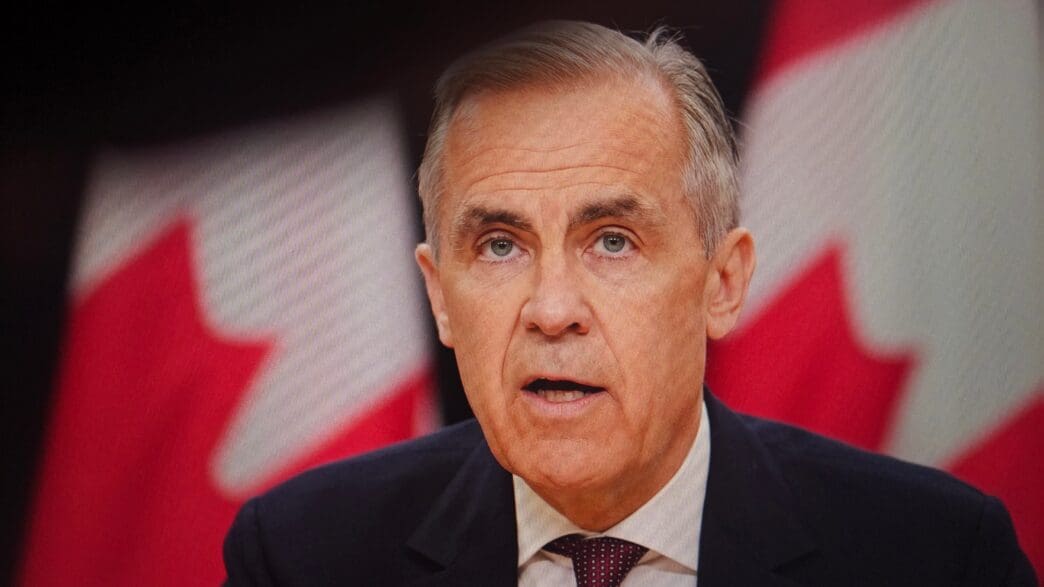Executive Summary
The Story So Far
Why This Matters
Who Thinks What?
Canadian Prime Minister Mark Carney is scheduled to visit Washington on Tuesday for discussions aimed at persuading President Donald Trump to ease US tariffs that are reportedly impacting Canada’s economy. This marks Carney’s second trip to the White House since assuming office in April, as he seeks to restore bilateral relations and address shared economic and security priorities.
Meeting Agenda and Context
Ottawa described the upcoming engagement as a “working visit,” focusing on establishing a “new economic and security relationship” between Canada and the United States. White House spokeswoman Karoline Leavitt confirmed the visit, stating that trade, along with other pressing issues facing both nations, would be key topics of discussion.
Unlike some other US allies, such as the European Union, Canada has yet to finalize a comprehensive trade agreement with its southern neighbor, despite the United States being its primary economic partner, accounting for 75 percent of Canadian exports.
Economic Pressures and Tariffs
Canada’s economy has faced headwinds, with its GDP declining by 1.5 percent in the second quarter. In response, President Trump has already imposed tariffs on Canadian lumber, aluminum, steel, and automobiles. On Monday, he announced an additional 25 percent tariff on heavy trucks, set to take effect on November 1.
While the vast majority of trade between the two countries remains protected by the USMCA free-trade agreement, the pact is slated for renegotiation. President Trump has indicated his desire for revisions that would further favor American industries.
Domestic Scrutiny for Carney
Prime Minister Carney, a former central banker who entered politics less than a year ago, is facing mounting domestic pressure. He campaigned on his extensive crisis management experience, and now, six months into his tenure, is expected to secure tangible progress, particularly a reduction in tariffs on goods like steel and aluminum.
Daniel Beland, a political scientist at McGill University, noted that Carney “has no choice, he must return from Washington with progress.” Beland highlighted that Carney has already made several concessions without reciprocal gestures from Washington, including canceling a tax targeting American tech giants and lifting tariffs imposed by the previous Canadian government.
The lack of reciprocal action has drawn criticism from Canada’s opposition. Conservative opposition leader Pierre Poilievre cautioned Carney in an open letter on Monday, stating, “If you return with excuses, broken promises and photo ops, you will have failed our workers, our businesses and our country.”
Risks of Negotiations
Genevieve Tellier, a political scientist at the University of Ottawa, commented on the inherent risks of negotiating with President Trump, observing that “these meetings can easily go off track, and everything plays out publicly.”
Last week, President Trump reiterated his desire for Canada to become the “51st state” during a speech, referencing the country’s potential participation in a new “Golden Dome” missile shield. Trump claimed Canada had expressed interest, to which he suggested they “just join our country” and “become the 51st state, and you get it for free.”
Prime Minister Carney’s visit carries significant weight as he navigates complex trade disputes and seeks to alleviate economic pressures, all while under close scrutiny from domestic constituents and political opponents.








